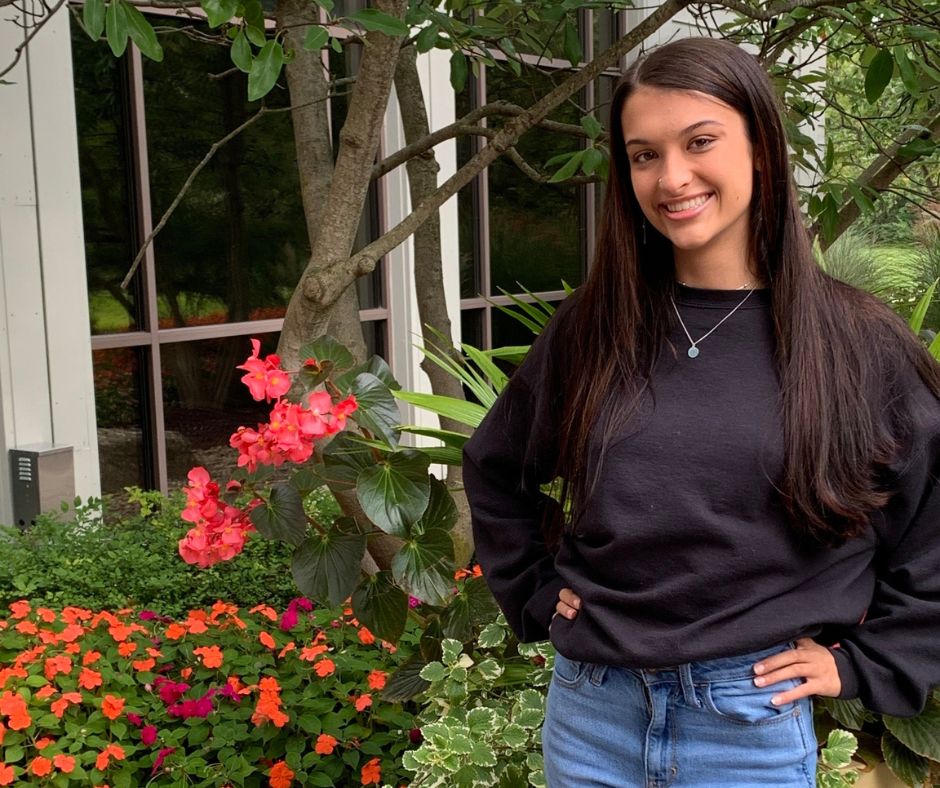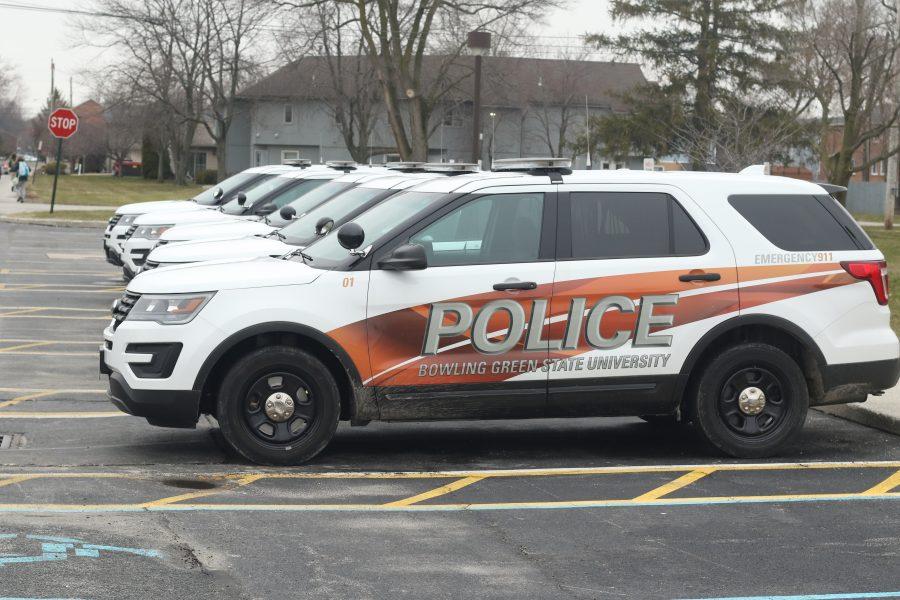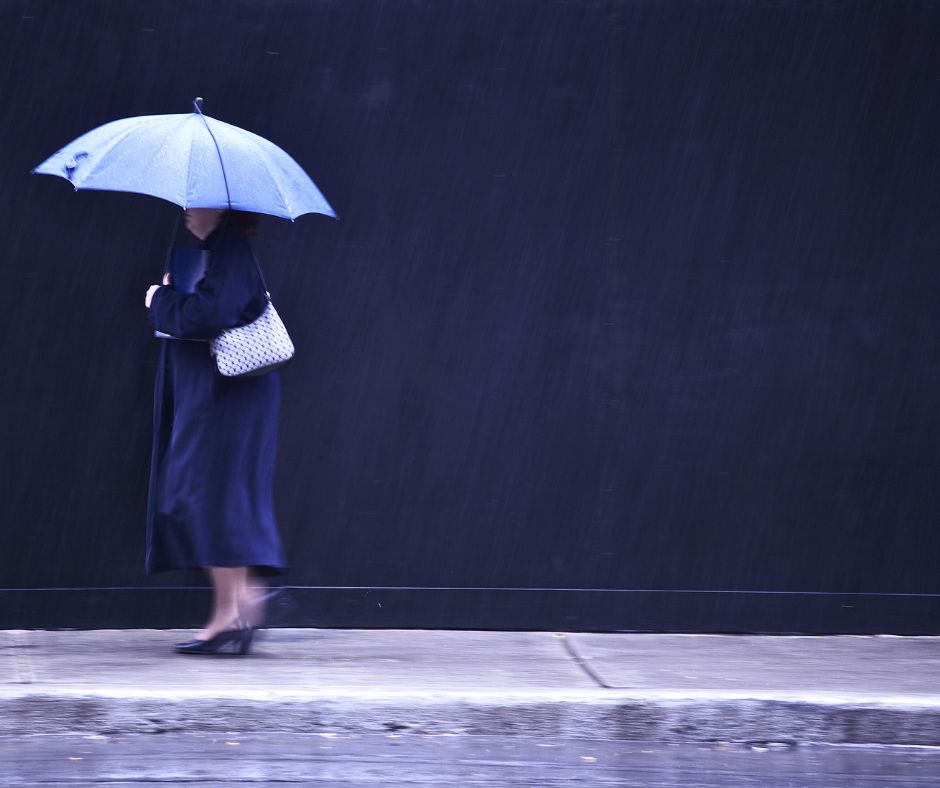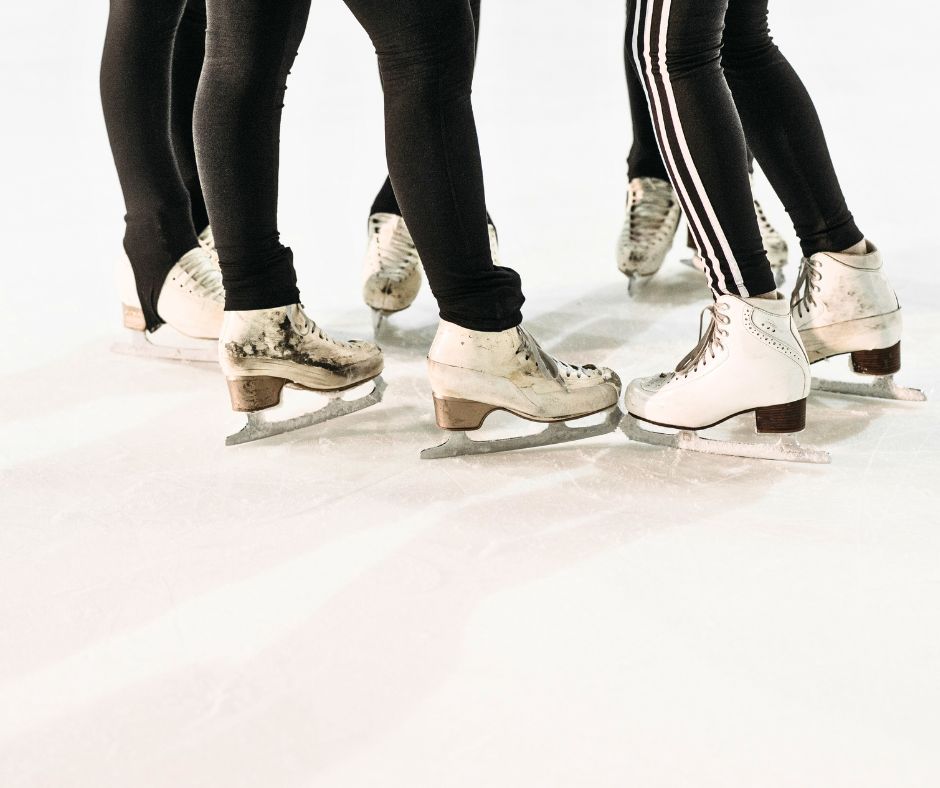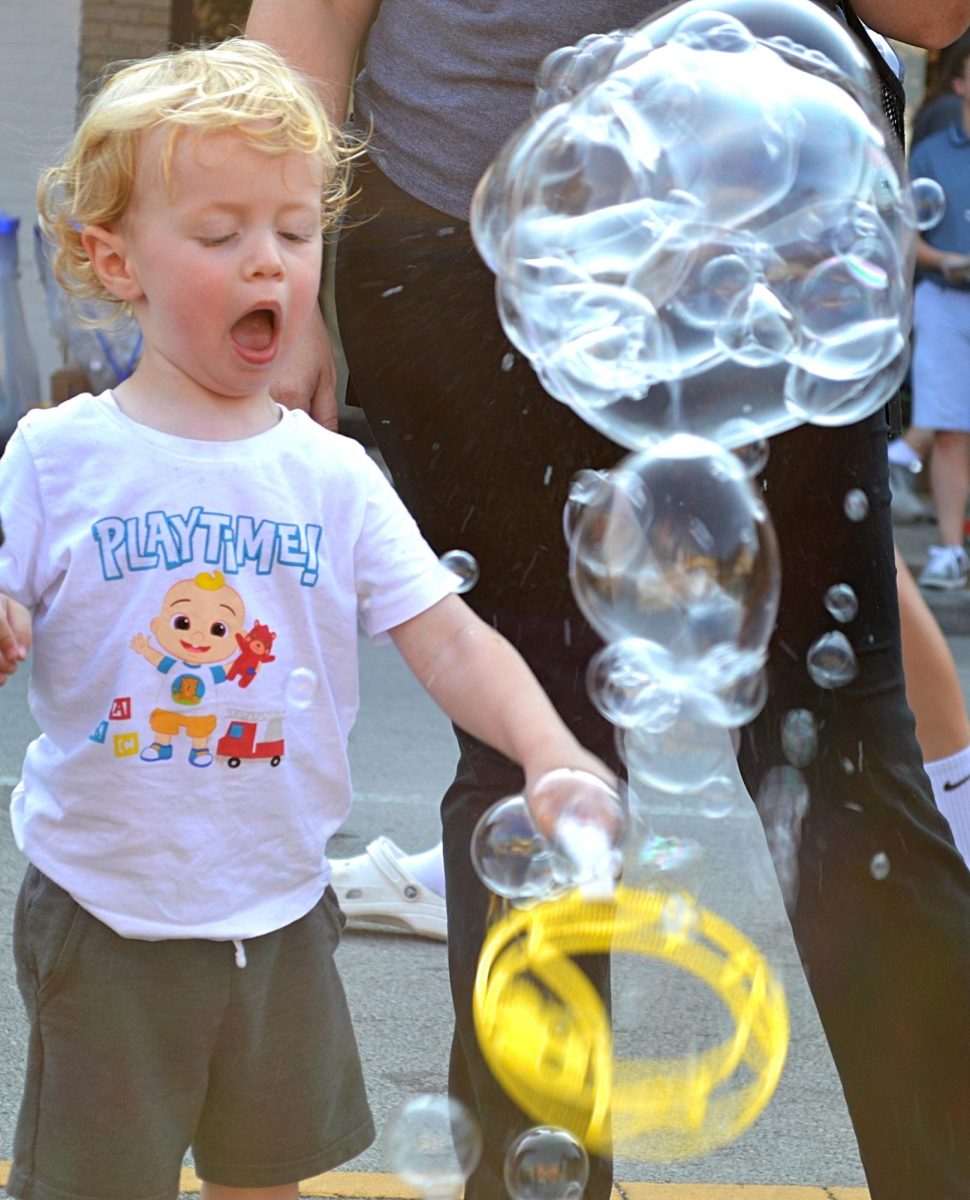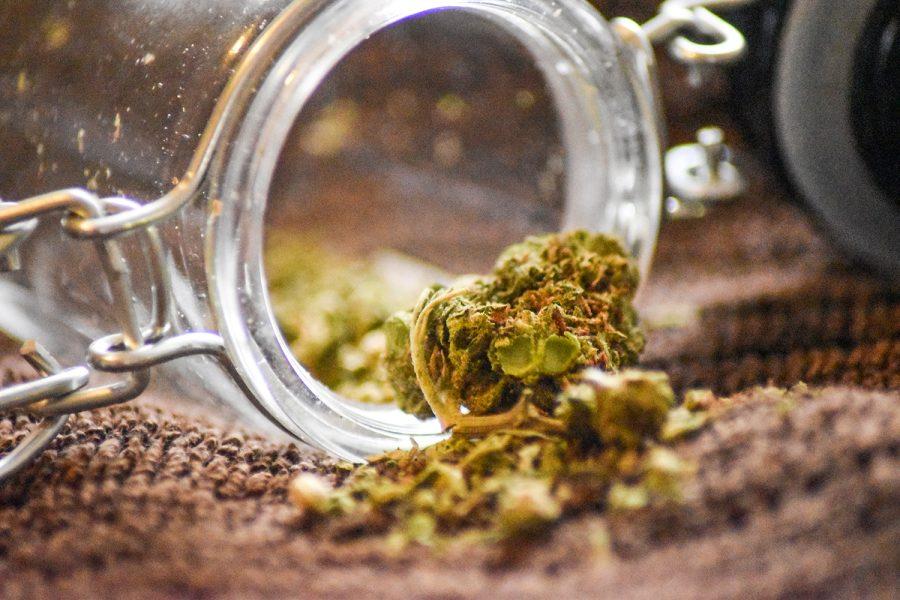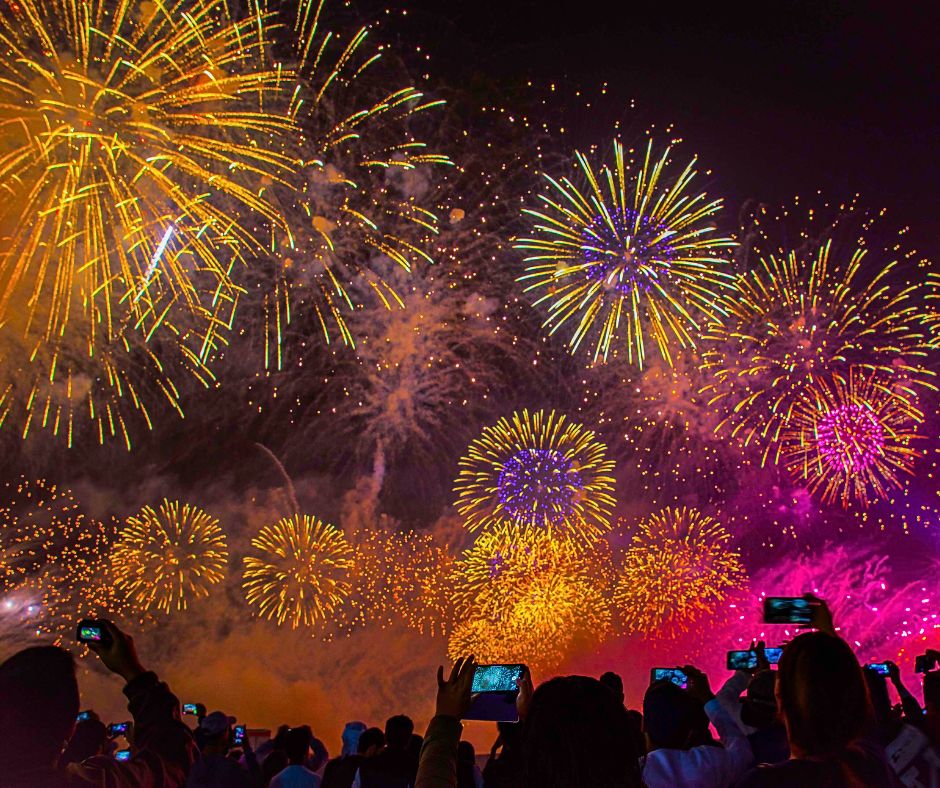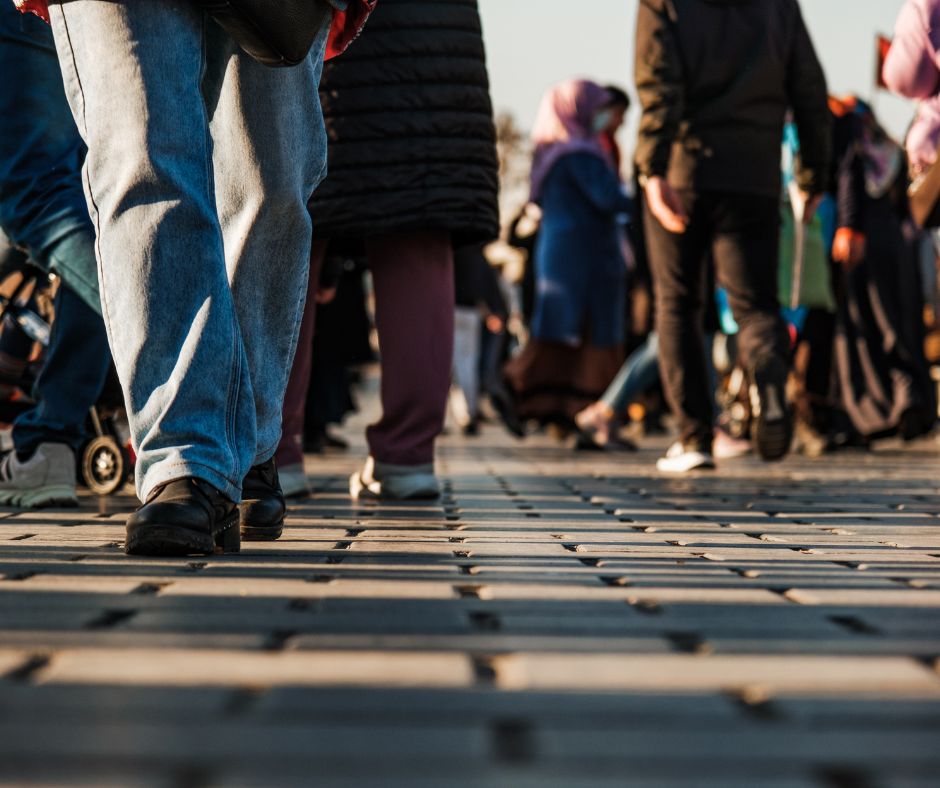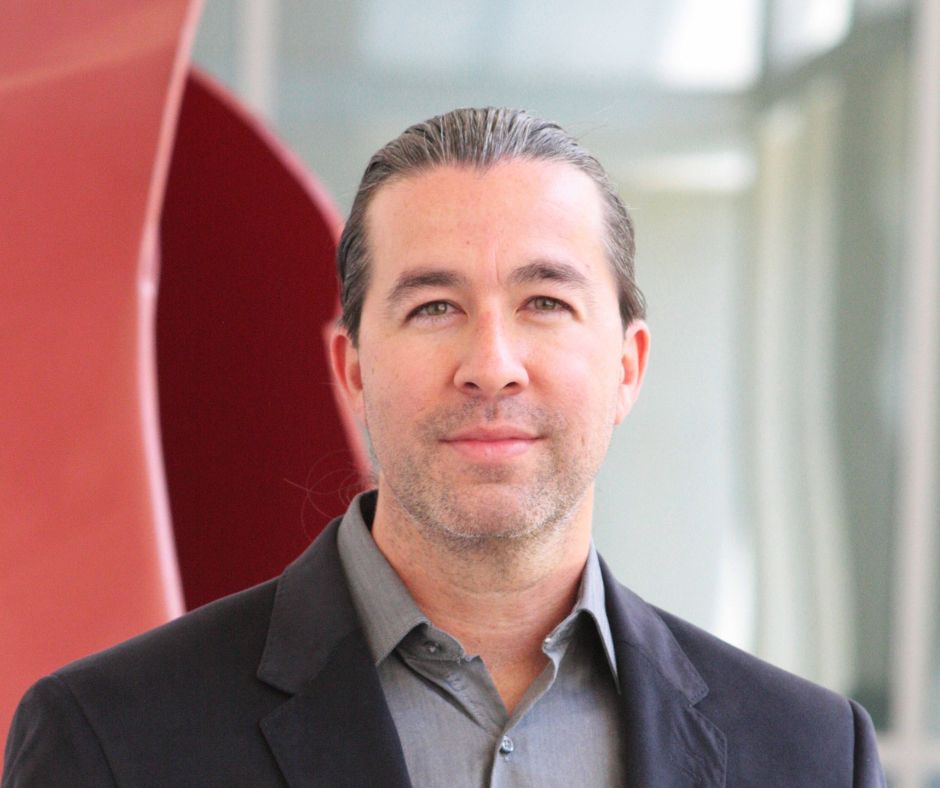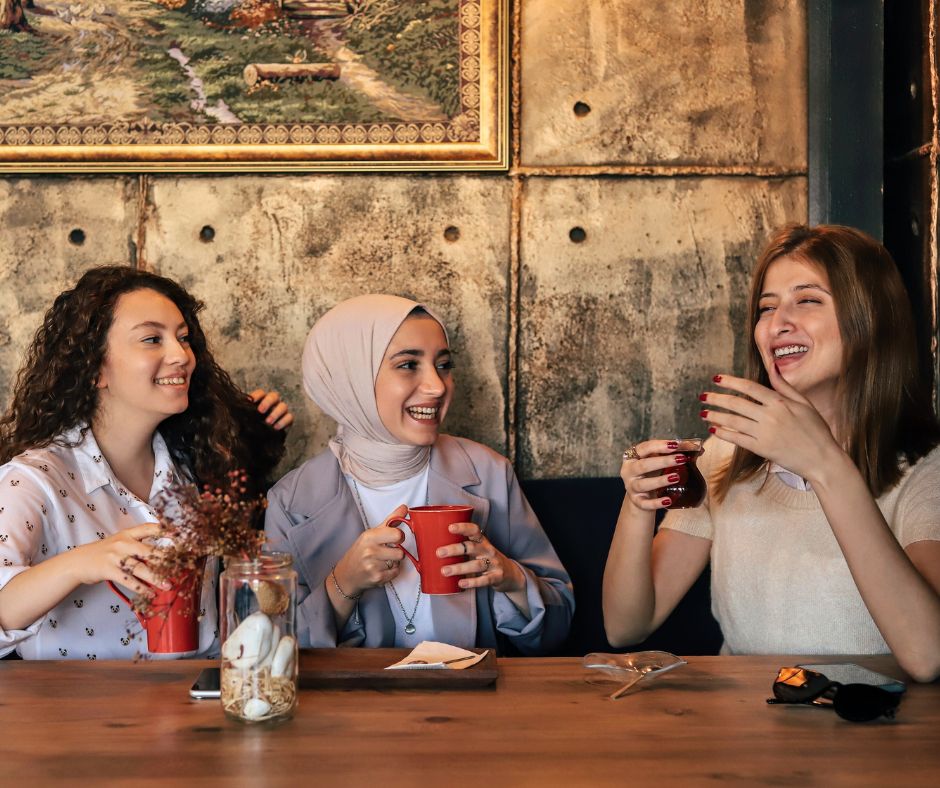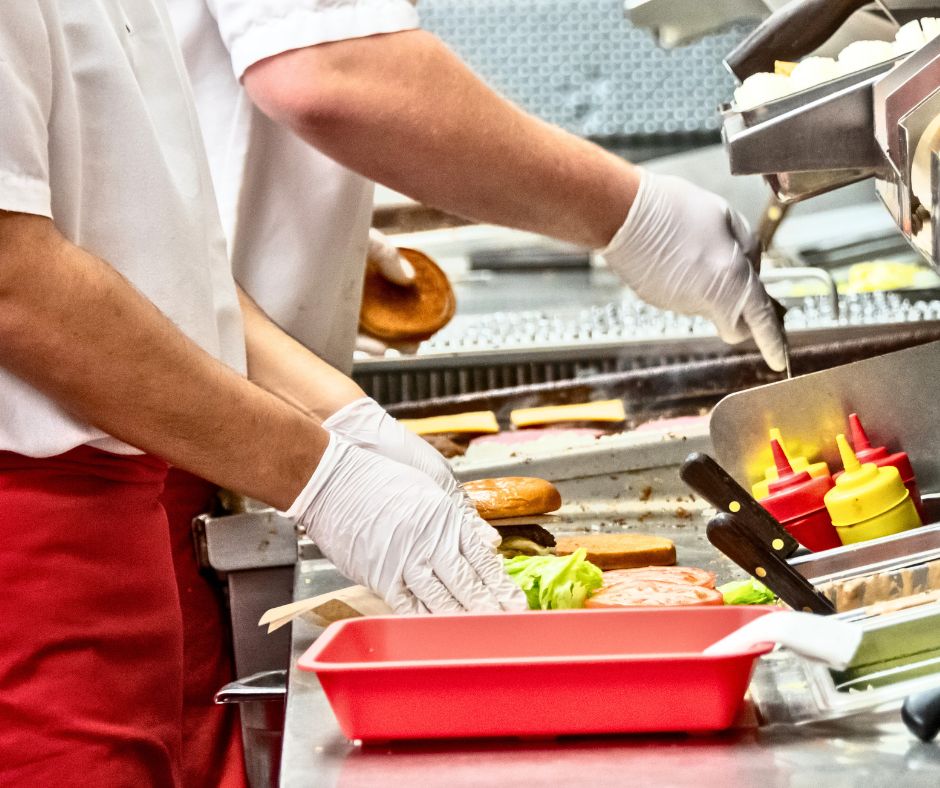When Kefa Otiso, associate professor in the Department of Geography, came to the United States in 1991 from Kenya, he didn’t expect to step into a completely new realm of different cultural customs and traditions.
The differences in international cultural taboos are still a controversy among foreign students and Americans alike.
To members of a certain culture, some customs are seen as normalcy in everyday life. Yet the American lifestyle and ways of living in the Western world are much more open and subjectively taboo compared to life in other countries.
“The kind of culture I came from, people dress more conservatively,” Otiso said. “During my first summer here, women were down to what I would consider underwear, sunbathing in public. In my culture, I would almost consider that as walking around naked. It was kind of shocking.”
Sex, age, food, religion and the role of women in society were some of the biggest differences in American customs that students asked questions about in class, Otiso said.
Majed Alhindi is a senior from Saudi Arabia and noticed big differences for women’s role in society when he came to the United States compared to what he knew back home. In Saudi Arabia, women and men are mostly separate in all aspects of life, Alhindi said.
“In school, girls and boys are separate from first grade to the university level,” he said. “For the wedding, men and women are separate too.”
Even with restrictions in the United States, what is considered tame here is open compared to other societies. While sex is a relatively open topic in the United States, in other cultures it can be disrespectful to talk about sex with the opposite gender, Otiso said.
“Some people would say some things are permissive, but permissive is relative,” Otiso said. “What is permissive is cultural.”
Spencer Clark, a junior, is taking Arabic 1020, Spanish 1020 and has many international friends; some of who were foreign exchange students hosted by his close friends and family. In his Arabic class, he learned how different Middle Eastern culture is compared to the United States.
One of the biggest taboos in many cultures is the public display of affection, which is a normalcy in the United States. The first time Otiso went to church in America, he was shocked to see women and men were sitting together, let alone hugging in church. In rural Kenyan culture, that was considered the equivalent of sex.
“Public expression of romance, any expression of sexual intentions, is strictly forbidden,” Otiso said. “Coming from where I’m from and walking down the street here, seeing people kissing, it would be considered crazy.”
While America is considered a relatively open society, some subjective customs here are widely accepted in other countries. In Saudi Arabia, the driving laws are not as heavily enforced as they are in America, Alhindi said.
“People here follow the rules on the street, in my country they don’t,” Alhindi said. “We have stop signs but nobody follows the rules for it.”
When Clark’s family hosted two foreign exchange students from Germany, they were surprised at how high the drinking age was and how heavily the law was enforced.
“They were also really surprised at the roads; how wide they were and the speed limits,” Clark said.
Above all of the controversial issues, taboos and customs, the biggest difference international students said about their home country and the United States was the food. Sophomore Tessa Carson works with Malaysian students and said some of the students would eat snacks from back home they brought with them to America when they were homesick. She said some American food that foreign students had tried they really enjoyed.
Many cultures have extreme differences in lifestyle but learning about the connections is something Clark does everyday.
“You do learn a lot, it’s good to get to know people and expand your bubble,” Clark said. “I think what’s neat is that even though there are differences, there are so many similarities too.”














